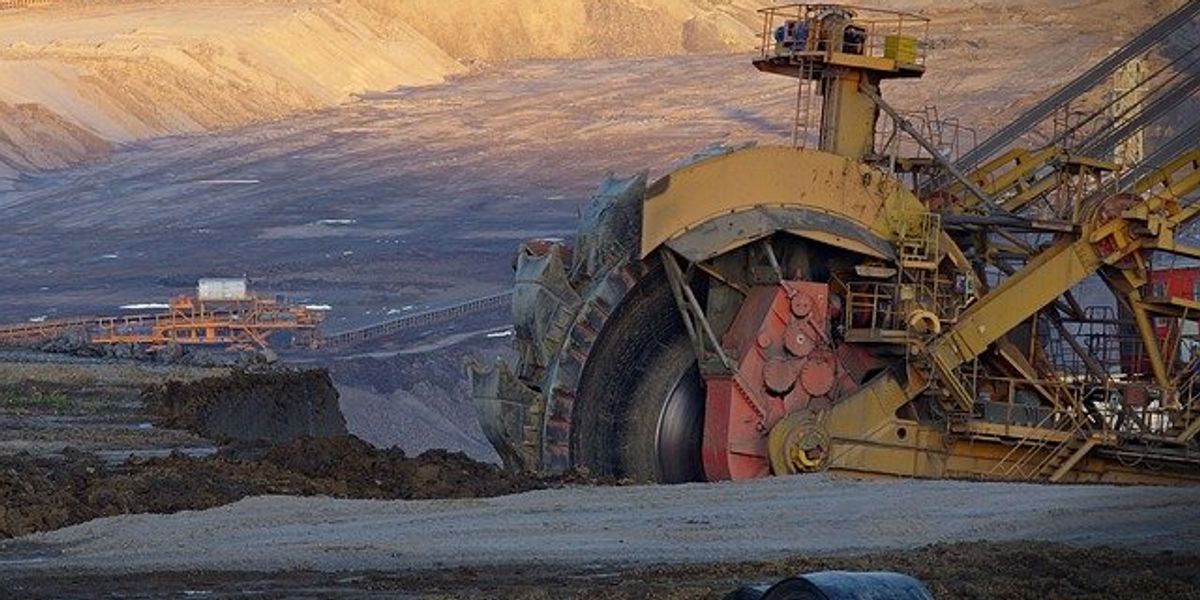
Trump’s climate pivot: exiting Paris Agreement and boosting fossil fuels
In a sharp departure from Biden's climate agenda, President Donald Trump marked the first day of his second term by withdrawing from the Paris agreement and launching executive orders to expand fossil fuel production, citing energy security and economic growth.
Maxine Joselow, Chico Harlan and Evan Halper report for The Washington Post.
In short:
- Trump officially withdrew the U.S. from the Paris climate accord, jeopardizing global efforts to limit temperature rise to 1.5°C.
- His executive orders included declaring a national energy emergency, expanding drilling in Alaska and pausing offshore wind projects.
- Critics fear this move signals U.S. unreliability in global climate cooperation, as allies warn of the consequences for emission reduction goals.
Key quote:
“We will drill, baby, drill.”
— U.S. President Donald Trump, speaking during his inaugural address
Why this matters:
If Trump’s first term taught us anything, this is just the opening act. Trump’s about-face leaves allies wondering if the U.S. can be trusted to stick to any long-term commitments on climate. For environmentalists, it’s a gut punch, not just for the planet but for public health. More drilling and fewer renewable projects mean more pollutants in the air and water, hitting already vulnerable communities hardest.
Read more:
Donald Trump wins US presidency. What that could mean for the environment













